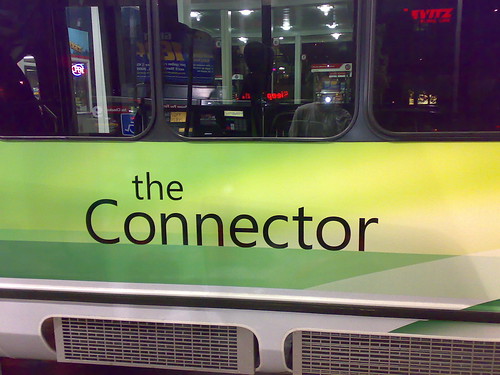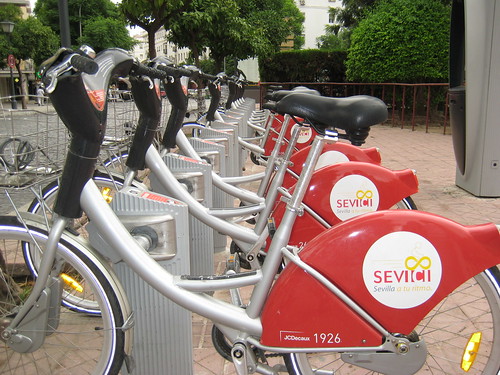It is hard to make public transport interesting, but Miami-Dade Transit in Florida is certainly giving it a go!
Their Metromover automated people mover is the most successful downtown people mover in the United States, and it is free!
Their Metrorail and some of their Metrobus services have on-board wifi (based on cellular service), and it is free.
They have smartphone Transit Tracker apps for iOS and Android devices allowing passengers to get realtime information on arrival times, station information and trip planning.
And they plan to make more improvements still. One of the ideas I particularly liked is outlined by Carmen Suarez, an Enterprise Architect with Miami-Dade Enterprise Technology Services Department at 01:30 in the video above.
The idea is to send push notifications to the smartphones of people who have the Transit Tracker app on their phone. The notifications would advise people of special offers/discounts from local businesses near their destination. It sounds simple enough, but as Carmen points out in the video it gives people yet another reason to use public transport, it helps reduce traffic congestion, and it promotes economic development in those areas. Win, win, win.
What cool public transport and smartphone-related stories have you come across?


